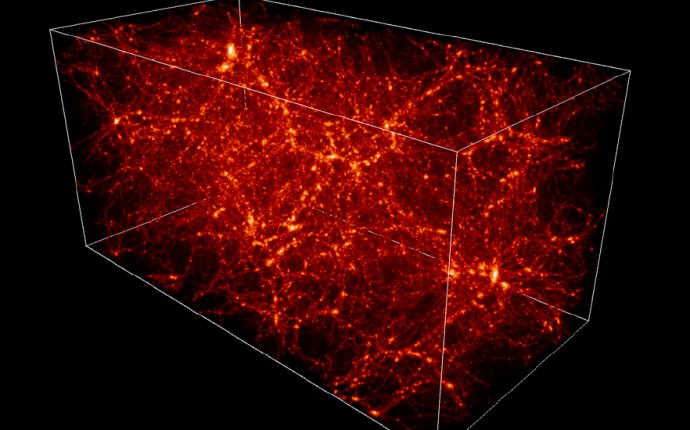
Astrophysicist Job Description
Education and Training: Advanced degree in astrophysics.
Salary: Median— $60, 200 annually
Employment Outlook: Fair
An astronomer studying the physical components of celestial objects is known as an astrophysicist. As an academic subject, astrophysics is an amalgam of physics and astronomy. Astrophysicists study the physics of the universe along with the interactions between various objects of outer space. Subjects like electromagnetism, statistical mechanics, molecular physics, and quantum mechanics come within the purview of modern astrophysics research.
Astrophysicists can either study the theoretical aspects of space or apply their fundamental knowledge of physics to explore various occurrences in space such as dark matter, black holes, stellar evolution, super clusters, and neutron stars. They use their knowledge of physics, mathematics, and computing to investigate the formation of planets, stars, and galaxies.
Research and development is the primary focus of an astrophysicist. Basic research is conducted to gather scientific knowledge, while advanced research may lead to the development of scientific devices and research equipment.
The responsibility of astrophysicists includes analysis of data and statistics, archiving, plotting, logging, evaluating, and reporting the results of the research. They may have to coordinate data received from various satellites and telescopes, and use theoretical models to compare this data and align images. Observational astrophysicists work to maximize viewing time of different stellar events.
Education and Training Requirements
A PhD in astronomy or astrophysics from an accredited university is generally the basic academic criteria for becoming an astrophysicist. A maste’sr degree is suitable for those wishing to pursue a career in the field of applied research and development. Those with a bachelor’s degree can be employed as research assistants and technicians. The degree should, however, be preceded by a strong academic background in physics, mathematics, chemistry, and astronomy. It is also necessary to have good computer skills. In addition, good communicative and writing skills are required, since researchers must be able to prove their conclusions through well-drafted research papers.
Several colleges and universities offer degree programs in astronomy and astrophysics. These programs teach students about relativity, quantum mechanics, nuclear and particle physics, statistical mechanics, atomic and molecular physics, thermodynamics, and electromagnetism. One can also opt for laboratory courses, since these courses provide the opportunity of working with different sophisticated scientific equipment. Aspiring astrophysicists should carefully select their college or university based on its astrophysics curriculum as well as its labs and scientific equipment.
Getting the Job
The federal government, scientific research centers, and development services recruit a large number of astrophysicists. Biotechnology companies also hire senior and expert astrophysicists to work in their laboratories.
Another viable for astrophysicists option is teaching. Senior researchers can opt for faculty positions in colleges and universities. Work is also available at planetariums, since they often require astrophysicists to revise public presentations and advise on planetarium operations.
Advancement Possibilities and Employment Outlook
Astrophysicists generally start their careers as a fellow or intern in a research institute. Modern laboratory and research techniques can be learned while assisting advanced scientists during such internship programs. Those with a post doctoral degree and relevant work experience can apply for permanent positions in government laboratories.
Career advancement in this profession is directly tied to greater levels of independence in research. Over the years, one can move onto bigger, well-funded projects. Those working in managerial positions can rise up to the position of natural science managers.
During the 2006-16 period, employment opportunities in this field are expected to increase by 7%. Those with specializations in biotechnology and nanotechnology will enjoy better job opportunities. Private firms are also expected to recruit a significant number of astrophysicists.
Working Conditions
The work schedule for an astrophysicist depends on the employment setting. Researchers may need to spend long hours at work, while those working in laboratories enjoy regular 40-hour weeks. On the other hand, astrophysicists handling ground-based telescopes doing observatory research may work at odd hours and in external settings. Observational astrophysicists may also be required to travel frequently.
Where to Go for More Information
American Astronomical Society
2000 Florida Ave., NW











